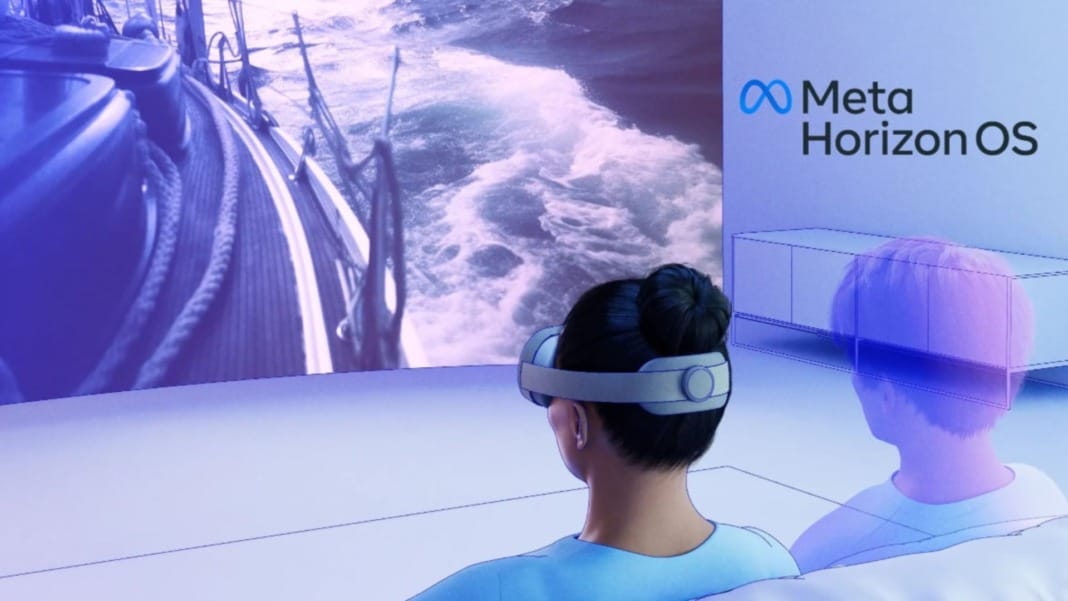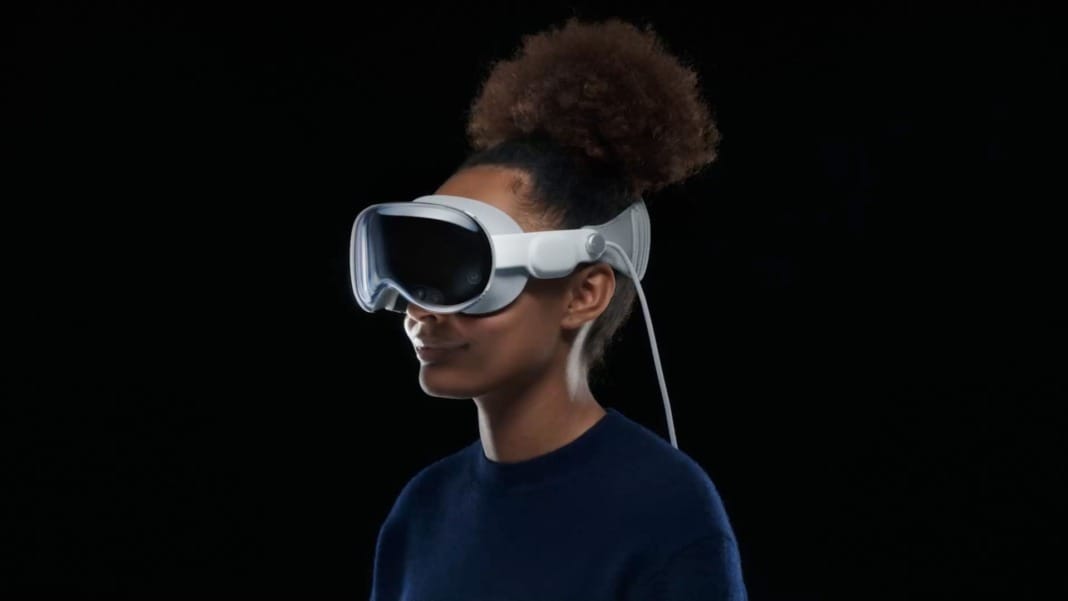Meta, the tech giant formerly known as Facebook, has embarked on an ambitious project to broaden the accessibility of its newly developed Horizon OS by allowing third-party manufacturers to integrate the operating system into their mixed-reality headsets. This move is aimed at creating a more inclusive and connected virtual reality ecosystem.
Meta has confirmed partnerships with notable tech companies, such as Lenovo and ASUS, to expand the Horizon OS’s reach. Lenovo plans to produce versatile headsets tailored for productivity, education, and entertainment. Meanwhile, ASUS is set to launch a gaming-focused headset under its esteemed Republic of Gamers (ROG) brand. These partnerships are geared towards diversifying the applications of mixed reality technologies and enhancing user engagement across various platforms.
Additionally, an exciting collaboration between Meta and Xbox will bring forth a special edition Quest headset. This device will feature Xbox branding and is expected to come bundled with an Xbox controller, alongside access to Xbox Cloud Gaming and the Xbox Game Pass, enriching the gaming experience for users.
Unified social features and developer support
One of the key aspects of the Horizon OS is its “social layer,” which includes unified profiles, avatars, friend networks, and virtual spaces that facilitate cross-platform connectivity. This feature is designed to allow users from different platforms to interact seamlessly, making the virtual experience more sociable and engaging.
Meta’s CEO, Mark Zuckerberg, highlighted the company’s commitment to an open ecosystem in a recent Instagram post. He expressed his vision for Horizon OS to set a new standard for the next generation of mixed-reality headsets. In pursuit of this goal, Meta has lowered barriers for app developers on its platform, enabling them to more easily grow their businesses through enhanced content discovery and monetization opportunities. Additionally, Meta plans to incorporate the Google Play store into Horizon OS, further expanding the range of apps and services available to users.
Despite the excitement surrounding these developments, Zuckerberg acknowledged that building a comprehensive ecosystem of Horizon OS devices will likely take a few years. Specific details about the upcoming products remain under wraps, but the partnerships and plans laid out by Meta indicate a promising future for the expansion of the virtual reality landscape.
Meta’s strategy to open its Horizon OS to other manufacturers starkly contrasts with the more closed ecosystems seen in other tech giants, notably Apple, signalling a strategic pivot towards inclusivity in the tech industry.





